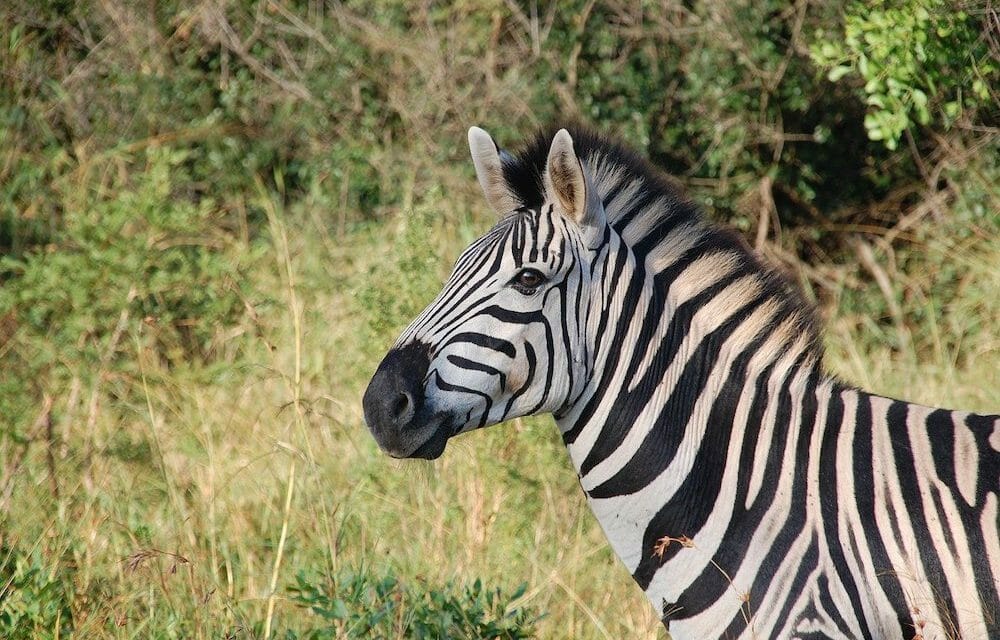An investigation by the Daily Mirror has revealed that Border Agency staff seized more than 2,500 pounds of wild animal meat at UK airports in 2018 and 2019, leading to fears of future pandemics in the country.
Home Office data shows that this figure is on the rise, up from the 2,086 pounds of bushmeat smuggled into the country in 2016 and 2017, and more than double the amount confiscated in 2014 and 2015.
The illegal bushmeat trade is certainly detrimental to wildlife populations but can also put human health at risk, with experts cautioning that this horrific business could lead to the spread of zoonotic diseases, like the coronavirus, in the future.
“While this global pandemic started in Wuhan, it is just as possible for the next one to start in London or Washington,” said Dr. Ben Garrod, Professor of Evolutionary Biology and Science Engagement at the University of East Anglia. “Currently, animal meat and body parts are being illegally transported all around the world. Airlines and border agencies are great at stopping people, drugs and weapons from being smuggled. But here we are with something more fundamentally dangerous than any act of terrorism or natural disaster, yet it is allowed to go largely unchecked.”
“Until those transporting products of animal origins internationally are stopped, we are going to see primates, pangolins and other exotic, endangered animals coming into the UK, Europe, U.S. and Asia,” Garrod added. “Unless that stops, we are going to see more epidemics and more species in decline.”
Garrod is advocating that meat imported into the UK is DNA tested to ensure it is safe for human consumption. This isn’t, however, only about the illegal meat trade. Our current food system is unsustainable and the meat and dairy industries are contributing to environmental, animal and human health crises. Meat is bad for us, them and the planet.
Adopting a plant-based diet will help thwart future disease outbreaks and stop the inhumane treatment of animals, leading to a happier and healthier world for everyone.








